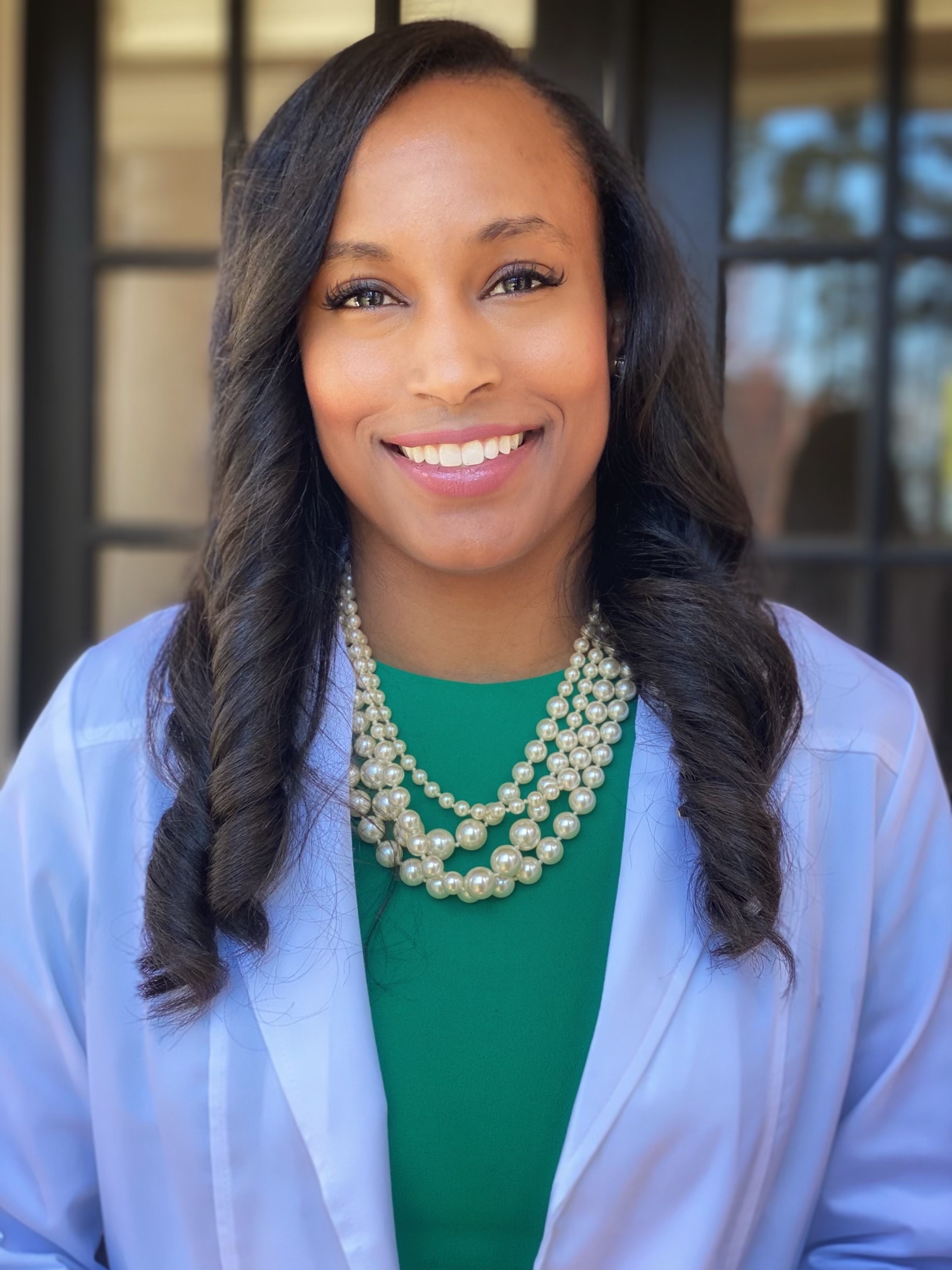
The AAHPM Next Gen Scholars for Equity in Hospice and Palliative Medicine program sponsors residents from underrepresented communities who are interested in hospice and palliative medicine (HPM). Research shows that providing culturally effective HPM services to marginalized communities can help address disparities. Additionally, studies indicate that healthcare outcomes and patient satisfaction improve significantly when physicians reflect the populations they serve. However, African American and Hispanic physicians make up less than 5% and 8% of hospice and palliative medicine fellows, respectively. To address this gap, AAHPM has developed this program to introduce and promote hospice and palliative medicine to a wider range of resident physicians.
AAHPM conducted interviews with our inaugural group of Next Generation Scholars, who joined the program in August 2023. We sought to gain insight into their motivations for applying and what they find fulfilling about being part of the Next Gen Scholars program.
What drew you to this opportunity?
Having been consistently thrust into predominantly white spaces as an underrepresented minority, a focus on diversity & equity has always been fairly intertwined with my interest in medicine. I have always imagined a career in which I would integrate health equity and my specialty of choice. Once I settled on palliative care during my first year of internal medicine residency, a program such as this one really stood out as an opportunity for more growth and development.
What do you hope to gain from the program?
Having been consistently thrust into predominantly white spaces as an underrepresented minority, a focus on diversity & equity has always been fairly intertwined with my interest in medicine. I have always imagined a career in which I would integrate health equity and my specialty of choice. Once I settled on palliative care during my first year of internal medicine residency, a program such as this one really stood out as an opportunity for more growth and development.
What has been the biggest benefit to being a scholar in the program?
In general, I feel that being one of the Next Gen Scholars has allowed me to get involved with the American Academy of Hospice and Palliative Medicine earlier than I probably would have on my own. While I’m now preparing to become a fellow at MedStar Washington Hospital Center starting Summer 2024, it seems likely that I would not have had the opportunity to dip my toe into AAHPM happenings until probably after fellowship is complete. Even just from being able to attend the Annual Assembly virtually this spring with the support of the Program, I have already picked up so many nuggets of knowledge and new perspectives that I found to be valuable and have already integrated into my patient care and teaching experiences.
What is something you have accomplished already that you are proud of?
While I have several tangible accomplishments over the years from presenting and championing various diversity initiatives, I am also very proud of myself for pursuing a fellowship in Hospice and Palliative Medicine. I often find myself having to explain the utility and necessity of minority physicians in palliative care, but I’ve been fortunate in my training already to witness the impact of compassionate, culturally sensitive palliative care. I feel very strongly that HPM is an area in which I can really make my mark as a physician over the full length of my career.
How do you see this program benefiting you in the future?
I think one thing that could not be overstated, particularly in our field, is the power of a strong network. Both in and outside of the program I have managed to connect with several different mentors who all bring something different to my personal and career development. I imagine that as I continue in my second year of the program that these connections will continue to strengthen, and that my attendance at AAHPM 2025 will present an opportunity to learn and network in person.
What’s your next goal you wish to accomplish?
Next, I’m interested in determining how I’d like to practice palliative care after fellowship. While training, I’m looking forward to being exposed to areas like inpatient hospice and outpatient palliative care to determine if those fields would be something I’d like to incorporate into my practice the future. At the same time, I’m interested in improving access to palliative care for underserved populations, a lot of which stems from a lack of understanding as a community about the intent, purpose and utility of palliative/end-of-life care. So, I will be looking to do my part to improve upon that access on a local and national level.
The Next Gen Scholars for Equity in HPM program is now accepting applications, apply before July 1, 2024. Visit our webpage for more information.
